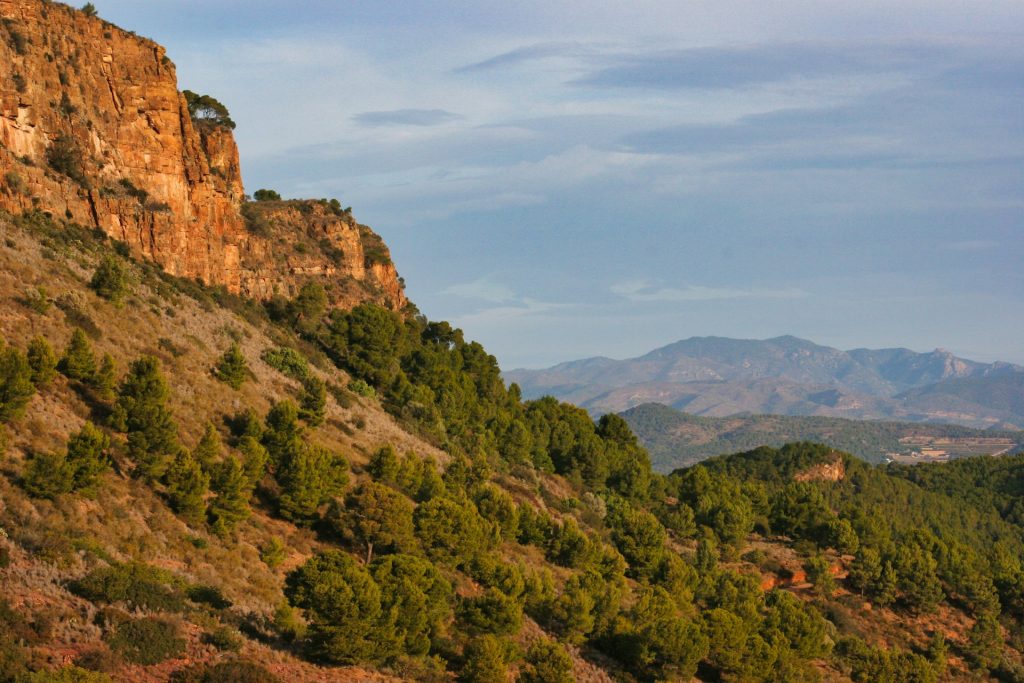Tucked away in the scenic landscapes of Alicante, Spain, Fondó de les Neus, often referred to by its Valencian name, Hondón de las Nieves, stands as a testament to the region's rich history and vibrant culture. This small municipality, nestled within the Vinalopó Mitjà comarca, offers a unique blend of tranquil rural life, historical architecture, and breathtaking natural beauty. This article delves into the various aspects of Fondó de les Neus, exploring its historical roots, cultural significance, and the myriad attractions that make it a noteworthy destination in Alicante.
Historical Background
The history of Fondó de les Neus is deeply interwoven with the broader narratives of Alicante and the Valencian Community. The area has been inhabited since prehistoric times, with evidence suggesting the presence of early human settlements. However, it was during the Moorish occupation of the Iberian Peninsula that Fondó de les Neus began to develop as a recognizable community. The Moors introduced advanced agricultural practices, including the sophisticated irrigation systems that are still visible in the landscape today.
Following the Reconquista in the late 15th century, the region underwent significant changes. Fondó de les Neus, like many nearby areas, saw a shift in population and culture as Christian settlers from other parts of Spain moved in. The 16th and 17th centuries marked a period of growth and development for the town, with the construction of key historical structures that continue to define its architectural landscape.
Cultural Heritage
The cultural tapestry of Fondó de les Neus is as rich as its history. The town is renowned for its traditional festivals, such as the Fiestas Patronales, dedicated to the Virgin of the Snow, an event that encapsulates the deep-rooted religious and communal identity of the locals. These celebrations are characterized by colorful parades, traditional music, and dance, offering a glimpse into the vibrant local customs that have been preserved over centuries.
Another significant aspect of the town's culture is its wine production. The surrounding regions of Alicante are famous for their vineyards, and Fondó de les Neus contributes to this legacy by producing some of the area’s most exquisite wines. Local wineries often open their doors to visitors, providing tours and tastings that highlight the nuances of their craft.
Natural Attractions
Fondó de les Neus is not only about history and culture; it is also a place of stunning natural beauty. The town is surrounded by mountains and valleys, offering spectacular views and a plethora of outdoor activities. Hiking, cycling, and horseback riding are popular among both locals and tourists, providing an excellent way to explore the scenic landscapes.
The climate of Fondó de les Neus is typically Mediterranean, with mild winters and hot, dry summers, making it an ideal year-round destination for nature lovers and those seeking a retreat from the busier urban centers.
Architectural Highlights
The architecture in Fondó de les Neus reflects its historical layers, with structures that date back several centuries. One of the standout buildings is the Church of Our Lady of the Snow, a beautiful baroque edifice that dominates the town’s skyline. Inside, the church houses an impressive array of art and religious artifacts that testify to the town’s historical and spiritual importance.
Furthermore, the town’s layout, with its narrow, winding streets and traditional whitewashed houses, offers a picturesque setting that seems almost frozen in time. This traditional architectural style provides a stark contrast to the modern developments found in larger cities, adding to the charm of Fondó de les Neus.
Economic and Social Life
The economy of Fondó de les Neus is primarily based on agriculture, with a particular focus on olive and almond cultivation, alongside viticulture. These sectors not only contribute to the local economy but also play a vital role in preserving the rural landscape and traditional farming methods that are characteristic of Alicante.
The community in Fondó de les Neus is closely-knit, reflecting the small-town vibe where everyone knows each other. This sense of community is integral to the town's charm, making it an appealing place for those looking to experience a slower pace of life while still enjoying the cultural richness of Spain.
Conclusion
Fondó de les Neus is a captivating destination that offers a rich tapestry of history, culture, and natural beauty. Its unique position in the Alicante region makes it an ideal spot for those seeking to explore a less traveled part of Spain. Whether you are interested in delving into the historical past, experiencing local traditions, or simply enjoying the serene landscapes, Fondó de les Neus provides a comprehensive experience that caters to a wide array of interests. This hidden gem continues to maintain its historical charm and cultural significance, making it a must-visit for anyone traveling to Alicante.
Frequently Asked Questions (FAQs)
What is Fondó de les Neus known for?
Fondó de les Neus, located in Alicante, Spain, is renowned for its rich history, traditional festivals, and exquisite local wines produced in its surrounding vineyards
Can you visit vineyards in Fondó de les Neus?
Yes, many vineyards in and around Fondó de les Neus offer tours and wine tastings that showcase the region's rich viticulture and allow visitors to sample local wines
What are the main attractions in Fondó de les Neus?
Key attractions include the historical Church of Our Lady of the Snow, scenic hiking trails, traditional architecture, and vibrant local festivals celebrating the Virgin of the Snow
What is the best time to visit Fondó de les Neus?
Fondó de les Neus enjoys a Mediterranean climate, making it a great year-round destination. However, visiting during traditional festivals, particularly in summer, offers a unique cultural experience
How does Fondó de les Neus contribute to the Alicante region?
It contributes through its agricultural outputs, particularly olives, almonds, and wines, and by preserving traditional Spanish rural and cultural practices
